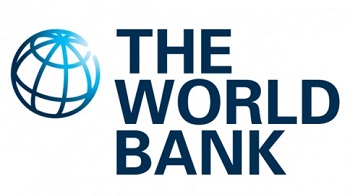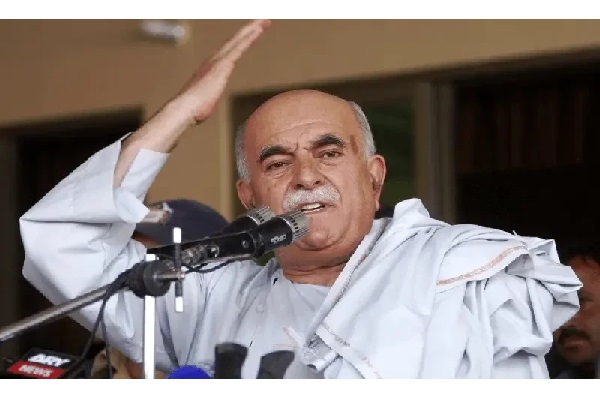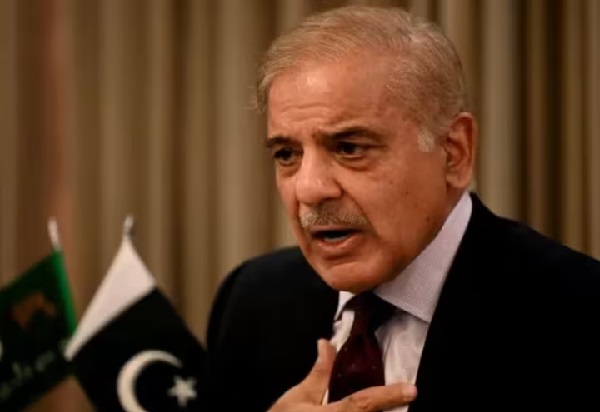NEW DELHI: Indian police said on Saturday they had arrested the social media chief of the country’s main opposition party over accusations
ISLAMABAD: The World Bank has approved $442 million to help improve access to water and sanitation services for the most vulnerable rural communities in Punjab.
The ‘Punjab Rural Sustainable Water Supply and Sanitation Project’ will help upgrade water supply and sanitation infrastructure and services that ensure equitable and sustainable access to drinking water and safe wastewater management. The project prioritises rural settlements where water contamination and poor sanitation practices are more prevalent, causing high levels of illness and child stunting, the World Bank said in a statement.
The project will cover 16 districts, with 50 per cent of districts drawn from south Punjab, and 25pc each from central and north Punjab, benefiting 2,000 villages and more than six million people in rural areas. It will also provide training of village councils and community caretakers, which will have complementary responsibilities for operations and maintenance, monitoring and evaluation and customer service.
On approval of the project by the board of executive directors on Friday, the World Bank Country Director for Pakistan, Najy Benhassine, said that the bank was committed to the government in improving sustainable water resource management. This project will support investments that increase climate resilience, including flood protection, rainwater harvesting and water conservation in these districts.
The project design was informed by a 2018 flagship report, ‘When Water Becomes a Hazard: A Diagnostic Report on The State of Water Supply, Sanitation and Poverty in Pakistan and Its Impact on Child Stunting’, that examined linkages between water and sanitation services, and child stunting. This study also supported environmental sustainability and the need to provide information and support behavioral change in poor rural communities to reduce health risks.
“Child stunting is endemic and a huge constraint on Pakistan’s potential,” said Ghazala Mansuri, co-Task Team Leader for the project. “It impacts a child’s cognitive development and immune system, reducing educational attainment, making illness more likely, and leading to lower productivity and income. This project would provide the template for a transformational shift in human capital accumulation since it addresses all the determinants of stunting,” she said.
There is significant spatial disparity in poverty across Punjab and human development outcomes are similarly skewed. Overall child health outcomes are far worse in south Punjab, with an average child stunting rate of 42pc, as compared to 25pc in the north and 33pc in the central districts. Similarly, 18pc of children aged up to five had an episode of diarrhea in a two-week period in the southern districts as compared to 12pc in the central and northern districts.
Access to an improved source of drinking water is high in Punjab, with 98.3pc households having access through one mechanism or another. In rural areas, a majority of households secure this access through privately owned hand or motorised pumps, while some are served by piped schemes or community drinking points constructed by government departments or non-government organisations and handed over to community-based organisations to operate and maintain.
The sustainability of the public water schemes is low and according the provincial Public Health Engineering Department, a third of the schemes they constructed and handed over are now dysfunctional. While access is high, water quality is a significant issue affecting the health of households in Punjab.
You May Also Like
LAHORE: A delegation of Tehreek-i-Tahafuz-i-Aien (movement for protection of constitution), led by its president Mahmood Khan Achakzai,
LAHORE: As Prime Minister Shehbaz Sharif pledges to “protect the interests of farmers at all costs”, the federal government appears reluctant






